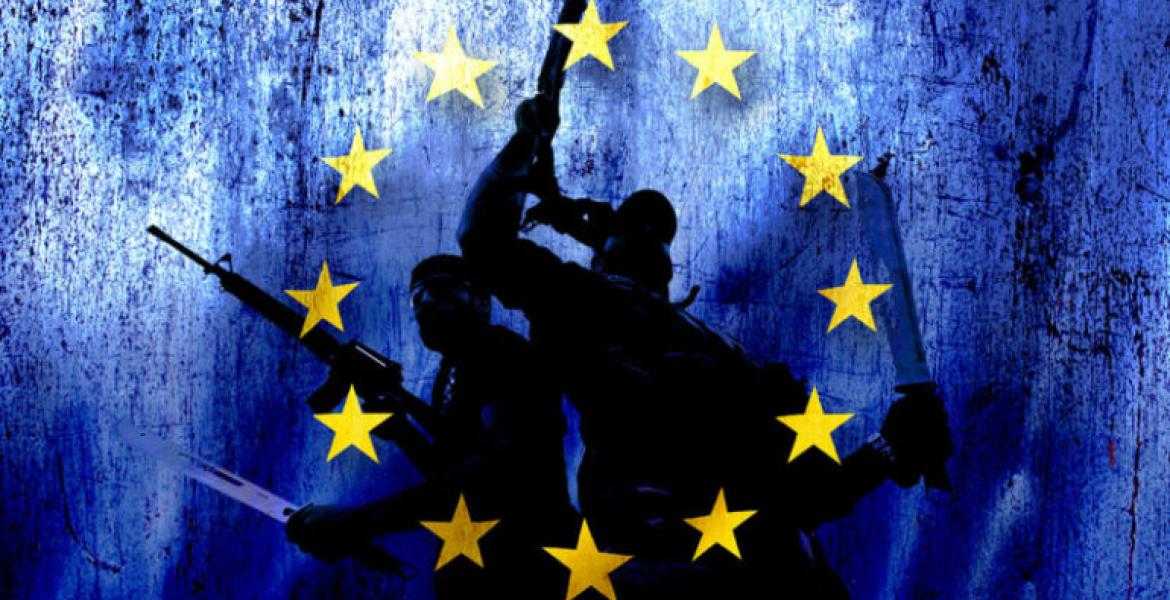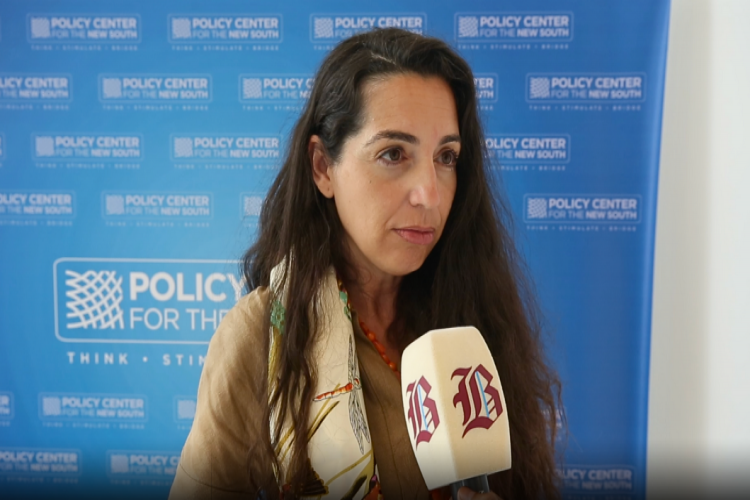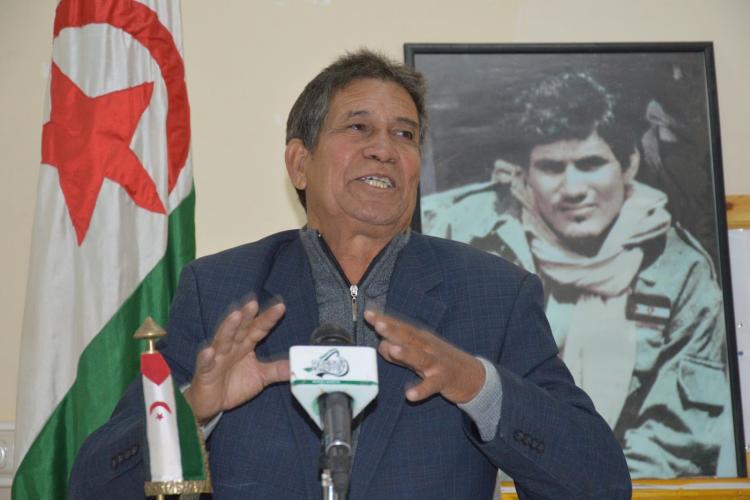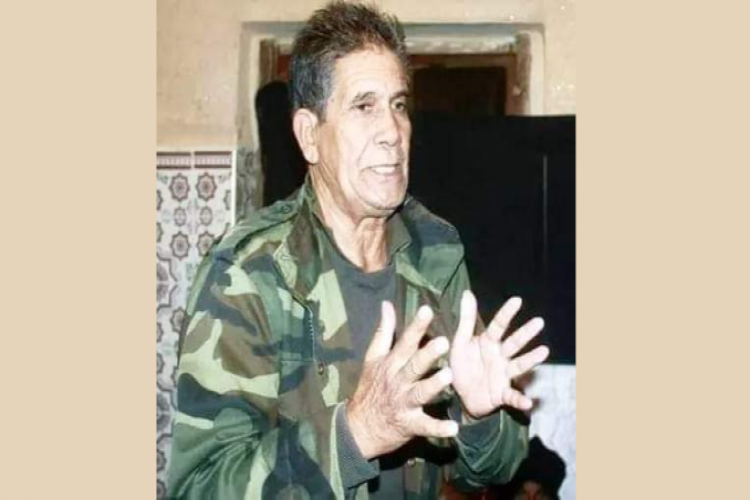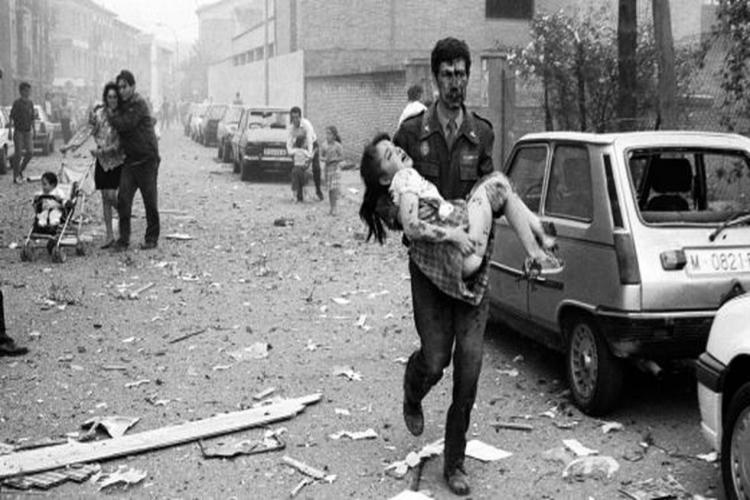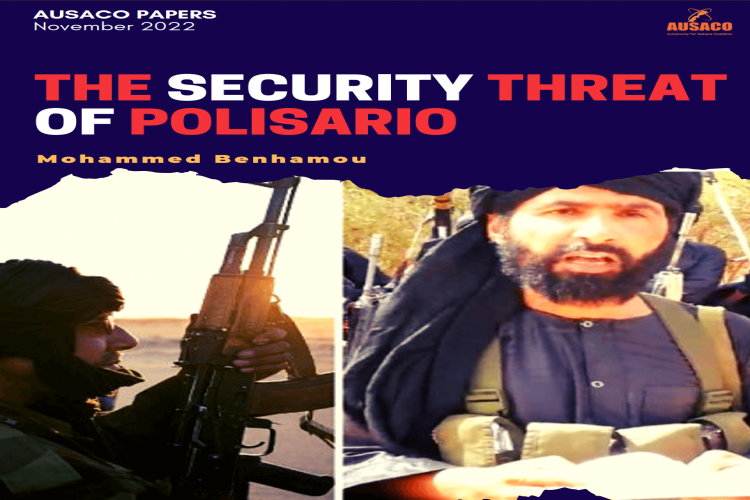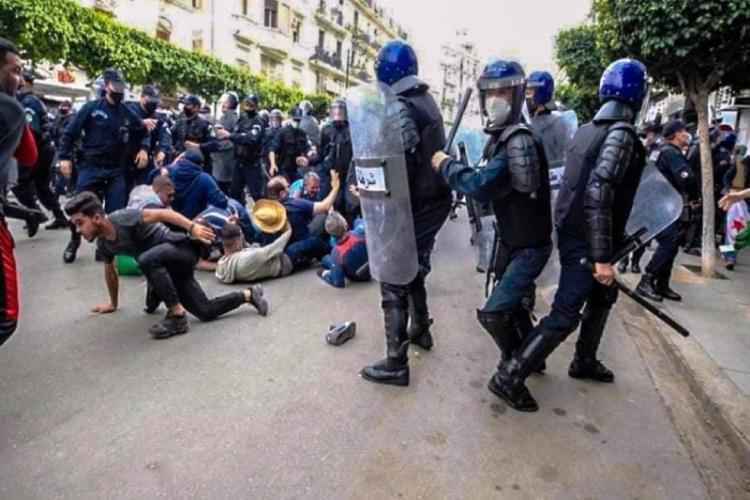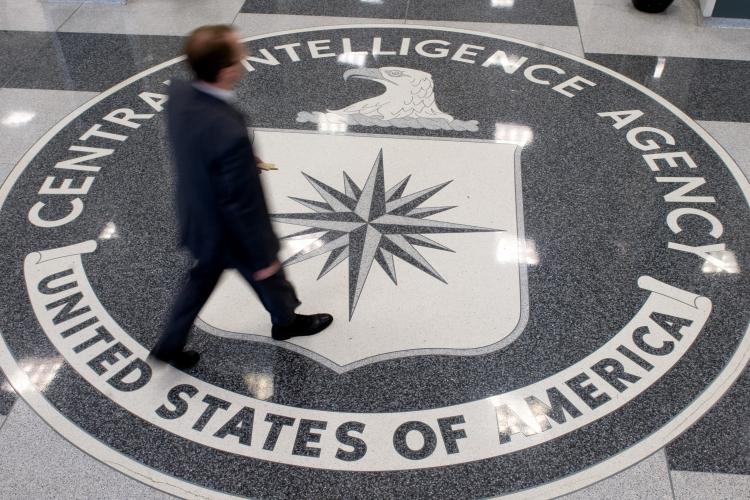Why should the EU include the Polisario on its terrorism list?
Just like the United Nations or the US Department of State, the European Union (EU) has its own terrorism list. It includes entities, groups, or organizations involved in terrorist acts and subject to restrictive measures, sanctions, or prosecution. The EU regularly monitors these entities, at least every six months, as they operate around the world.
The latest update to the European terrorism list was made last February. It is based on an exchange of information between member states on new facts and developments concerning persons, groups, and entities already listed or those that should be included due to the threat they pose or the seriousness of the acts they have committed.
According to the EU regulations, persons, groups, or entities subject to investigations or prosecutions related to a terrorist act or an attempt to commit or facilitate such an act, or those who have been convicted of such acts, are "eligible" for this list.
The increasingly pressing security threats in the Sahel-Saharan region are currently the focus of attention. At the center of these concerns is the Polisario, which, facing the erosion of the independence thesis and wanting to offer "its members" new perspectives, succumbed very early to the sirens of jihadist terrorism.
In addition to banditry, organized crime, and trafficking of all kinds, the propensity for jihadism among Polisario elements has been revealed by numerous reports from Western intelligence services, NGOs, international organizations, and independent research centers. Its movements and bellicose activities in the Sahel-Saharan zone are illustrated and documented thanks to the technology offered today by satellite surveillance.
Some of its leaders are being prosecuted in Europe and elsewhere for proven criminal acts.
Since the September 11, 2001 attacks, many terrorist groups that were active around the world have regained new life.
In North Africa, for example, the Algerian GSPC, later renamed AQMI after pledging allegiance to Al Qaeda, counts among its members several elements of the Polisario, skilled in desert combat, guerrilla warfare and banditry techniques.
The phenomenon of young people from the Tindouf camps being recruited into jihadist terrorism has grown as the noose tightens around the independence thesis, in favor of the diplomatic victories of the Kingdom and international unanimity around its autonomy project in the southern provinces.
One of the first illustrations of the links between AQMI and the separatists dates back, according to the European Strategic Intelligence and Security Center, to December 2003 when Mauritanian security services arrested a certain Baba Ould Mohammed Bakhili, a Polisario official, and several of his lieutenants for their involvement in stealing explosives from the premises of the Mauritanian National Mining Industry Company (SNIM). The arsenal was intended to be used to carry out attacks against Western interests, particularly in Mauritania.
More conclusive evidence emerged during the June 2005 attack by the GSPC on a Mauritanian security forces barracks in Lamghiti, led by Algerian Mokhtar Belmokhtar with the support of Polisario members.
According to terrorism experts, young Polisario members recruited for jihad are trained in military camps mainly in Algeria and Mali, while others receive their training from the radical Somali group Al-Shabaab.
Omar Ould Sid'Ahmed Ould Hamma, aka "Omar Sahraoui", is another AQMI official from the Polisario who commissioned kidnapping operations of Spanish and French aid workers in Mauritania and was arrested in 2010 and sentenced by Mauritanian authorities.
About twenty of his accomplices, Polisario military personnel, were arrested on the same charges.
The other no less interesting case is that of Mohamed Fadel Ould Mohamed Salem. Born in the Tindouf camps, this man was sent to Russia to pursue his studies, but was recruited by radical Islamists who persuaded him to go to Chechnya to practice jihad against the Russians. Arrested in Kazakhstan, he was sentenced to four years in prison and then deported to Algeria.
Today, alongside AQIM, the Islamic State in the Greater Sahara (EIGS) is targeting new targets. Led by Adnan Abou Walid al-Sahraoui, a member of the Polisario and former Emir of Al Qaeda and the Mujao, the EIGS conducts its operations throughout the Sahel-Saharan strip.
The Americans and the French view Abou Walid Al Sahraoui as their arch enemy, and he is the most wanted terrorist in West Africa. His real name is Lahbib Ould Abdi Ould Saïd Ould El Bachir, and he grew up in Laâyoune before joining the Polisario in 1992, where his process of radicalization began with the Islamist movement in the Tindouf camps.
As the leader of a Mujao "katiba" (unit) in Mali in 2010, he later joined the ranks of Al Qaeda in the Maghreb (AQIM), and then the Islamic State.
While most of AQIM and EI's activism is currently concentrated mainly in Africa, recent revelations by some media outlets about the existence of a jihadist nucleus in Germany and the arrest last Monday by the Spanish police of a Polisario activist for terrorism should be taken as a serious warning.
Shouldn't the European Union, which continues to open its jurisdictions to the Polisario to sabotage its own trade agreements with Morocco, place this organization on its list of terrorism? Shouldn't it open a serious investigation into the diversion of its humanitarian aid by the Polisario and the crimes against humanity committed by its leaders? Shouldn't it take the real measure of the security threat it faces from Tindouf?

